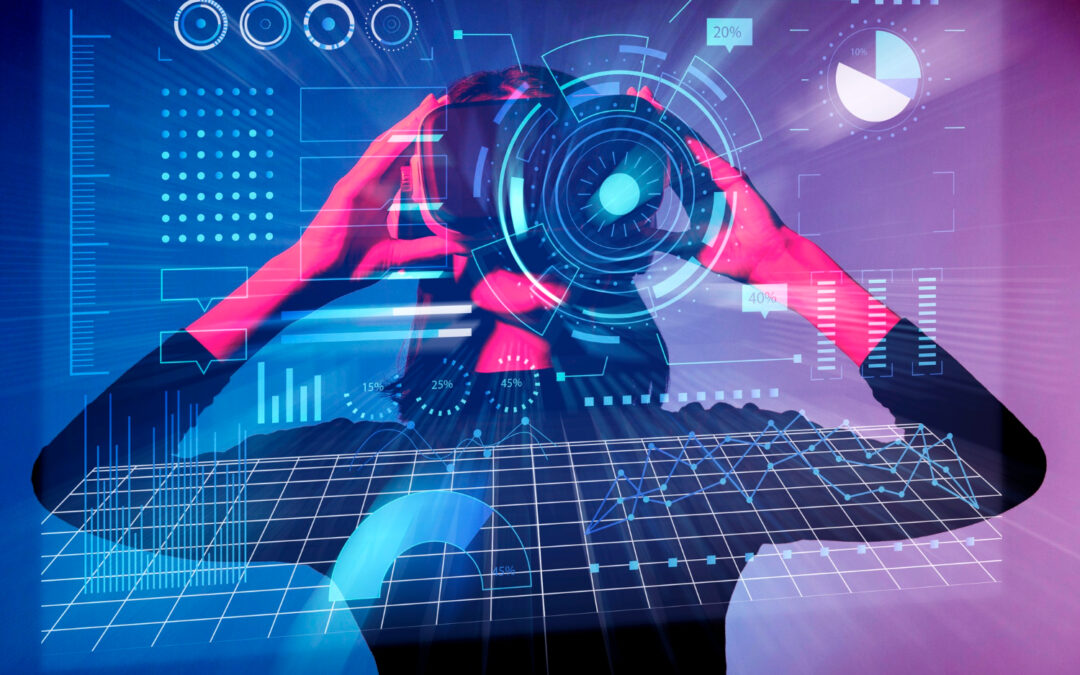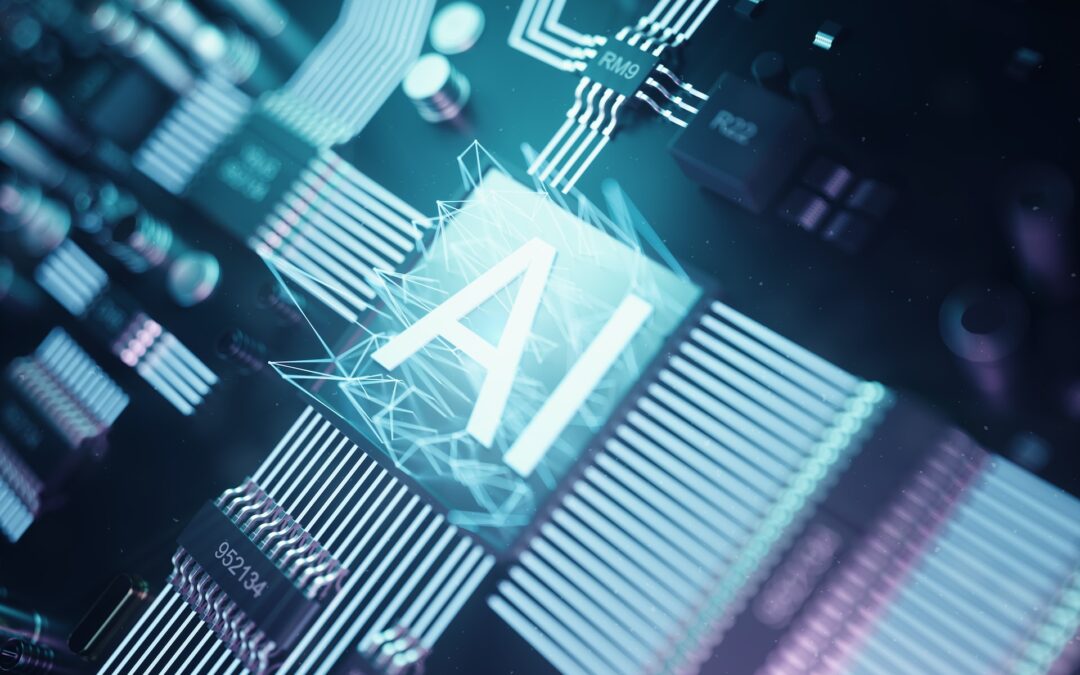
by DR, GASTON LEROUX | Aug 24, 2023 | News, States and technology
We analyze some of the promising technologies that are under development and how they could impact our lives in areas such as medicine, energy, and transportation.
We live in an era of unprecedented technological advances, and the next decade promises to bring a surge of innovations that will revolutionize the way we interact with the world. From medicine to energy and transportation, emerging technologies are set to redefine the way we live and experience everyday life. In this article, we will explore some of these promising technologies and analyze how they could impact our lives in critical areas.
The Medical Revolution through Biotechnology:
Medicine is on the cusp of a revolution thanks to biotechnology. Advances in gene therapies and gene editing offer the promise of personalized treatments and cures for hereditary diseases. Innovative therapies could replace traditional treatments and improve the quality of life for countless patients.
Artificial intelligence also plays a crucial role in the medicine of the future. AI systems can analyze large amounts of medical data to detect patterns and trends that human doctors might overlook. This could lead to more accurate diagnoses and earlier treatment of diseases.
Clean and Sustainable Energy for a Better Future:
In the field of energy, the transition to clean and sustainable sources is essential to address the challenges of climate change. Solar and wind energy have gained ground over the past decade, and it is expected that in the coming years their efficiency and accessibility will improve even further. Additionally, advanced storage batteries will enable the storage of renewable energy for use when needed, overcoming one of the key challenges of intermittent sources.
Nuclear fusion, an almost inexhaustible energy source, is also advancing. Although still in experimental stages, nuclear fusion could provide a clean and safe energy source without greenhouse gas emissions.
Transportation Transformation: From Autonomous Mobility to Hyperspeed:
Transportation is undergoing a radical transformation thanks to emerging technology. Autonomous vehicles promise to increase road safety and reduce traffic congestion. Over time, we could see cities designed to optimize autonomous mobility, fundamentally changing the way we move.
Moreover, hyperspeed and underground transportation are also at the forefront of innovation. High-speed trains, vacuum tube systems, and vehicles that travel at hypersonic speeds could drastically shorten travel times and facilitate global connectivity. Undoubtedly, these innovations will not only transform supply chains but will also reshape the appearance of cities and the ways in which we are accustomed to urban and international transportation.
Challenges and Ethical Reflections:
While emerging technologies promise an exciting and transformative future, they also pose significant challenges. Ethics and regulation must accompany these innovations to ensure they are used responsibly and for the benefit of society as a whole. Data privacy, cybersecurity, and the potential automation of jobs are just some of the issues that require careful attention. Once again, and as we have established, there are major ethical challenges that urgently need to be addressed. We are facing a new technological leap that is deeply disruptive within an already highly disruptive technological revolution. In terms of ethics and even legal aspects, we are significantly behind, as technology moves faster than what we are doing, and, by the way, most of our political bodies do not fully understand technology and its economic, productive, labor, and social implications. The next decade promises to be an era of technological wonders that will redefine our relationship with medicine, energy, and transportation, among other things. As we move toward a future driven by innovation, it is essential to maintain a balance between the transformative potential of these technologies and the ethical challenges they entail. By doing so, we can build a world where technology works in harmony with our aspirations and values, leading us toward a more connected, sustainable, and equitable society.

by DR, GASTON LEROUX | Aug 20, 2023 | Artificial intelligence, Globalization
In this article, we explore how artificial intelligence is transforming various aspects of our society and discuss the ethical challenges and opportunities it presents.
The Future of Artificial Intelligence: Challenges and Opportunities:
At the crossroads of technological innovation and human imagination, artificial intelligence (AI) has emerged as one of the most significant advances of our time. Its impact extends across all spheres of society, from healthcare and manufacturing to education and entertainment. As AI becomes deeply embedded in our daily lives, an intriguing duality emerges: ethical challenges and unprecedented opportunities. In this article, we will explore how artificial intelligence is transforming our society and examine the challenges and opportunities that accompany this journey into the future.
The Transformation of Society through AI:
AI has demonstrated unparalleled potential to optimize processes and improve efficiency in various fields. In medicine, more accurate diagnoses and personalized treatments are possible thanks to machine learning algorithms that analyze large sets of medical data. In manufacturing, AI-driven automation streamlines production and reduces costs. In education, virtual tutoring systems provide students with an adaptive learning experience, meeting their individual needs.
Ethical Challenges on the Horizon of AI:
As AI becomes a driving force in society, deep ethical questions arise. One of the most prominent challenges is automated decision-making. AI algorithms make decisions based on historical data patterns, which can perpetuate existing biases and discrimination. Additionally, data privacy and security become critical as more personal information is used to train AI systems.
Automation also raises questions about the future of employment. As routine tasks are taken over by machines, labor restructuring becomes inevitable. Society must face the challenge of training workers for more creative and complex roles.
Unlimited Opportunities for Innovation:
Despite the challenges, the horizon of AI is filled with exciting opportunities. The collaboration between humans and machines could catalyze unprecedented scientific and creative advancements. AI systems can accelerate research in fields such as biology, chemistry, and physics, enabling discoveries that once seemed unattainable.
Personalized healthcare is another sphere of opportunity. AI has the potential to revolutionize the way diseases are diagnosed and treated, improving the quality of life for millions of people. Furthermore, AI can enrich the creative process in art and music, collaborating with humans to produce unique and stimulating works.
Forging an Ethical and Innovative Future:
Given the challenges and opportunities that AI presents, it is crucial to forge a future that is both ethical and innovative. Strong regulation is required to ensure transparency and fairness in AI systems. Governments, businesses, and society as a whole must collaborate to establish ethical standards and privacy safeguards.
Education also plays an essential role. Preparing future generations to understand and collaborate with AI is fundamental. Encouraging skills such as critical thinking, problem-solving, and digital ethics will allow individuals to navigate this new technological paradigm with confidence.
Artificial intelligence is a beacon of promises and challenges that lights our way into the future. As it transforms society in unimaginable ways, it urges us to confront deep ethical questions and embrace unlimited opportunities. By joining forces to address these challenges and seize these opportunities, we can build a future where AI is an ally that enriches our lives and propels us toward new frontiers of innovation and growth. The question is how to address them, with a threefold approach: first, ethical limits (which, by the way, as we have seen in recent years within the main players of technological development, need to be governed by parameters set by authorities that have the power to enforce them); second, not to halt the development of technology as a driver of progress, but to focus on what is truly positive, which will require much work not only from national authorities but also from international organizations; and finally, third, whether through self-regulation or regulation, to ensure that technological development mitigates its potential negative aspects, such as its impact on employment, privacy, and even the controlled management of generative artificial intelligence and the likelihood of its autonomous development.


